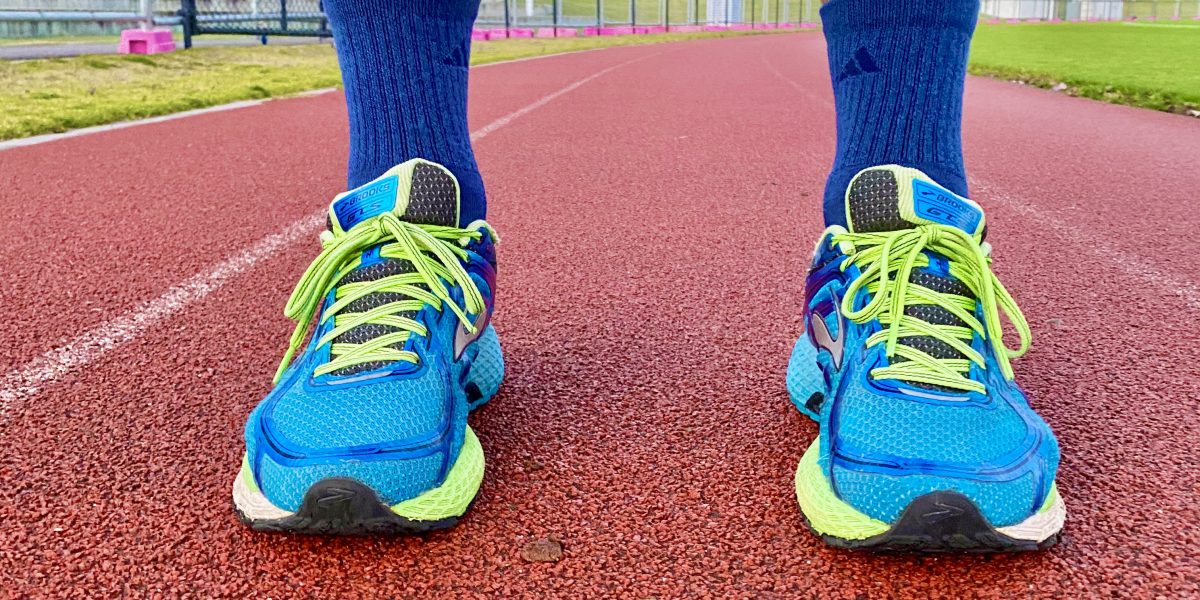The concept of invisible training has been popularised over the last couple of decades, but it has always been there, unconsciously being used by many athletes. Invisible training is defined by the optimisation of your training by becoming vigilant of small details that help you recover and enhance your body’s response to training. These small details make a big difference in the way we perform at work, at sports, and in every other aspect of our lives.
You have very likely heard your triathlon coach talk about the “one percenter’s” and the amazing Chris Nikic recently used this idea to reach his amazing race goal. Chris is known for becoming the first Triathlete with Downs syndrome to complete an Ironman Triathlon. With the guidance and support of his coach and family, Nick aimed to become 1% better every single day. It all started from simple steps – walking to get the remote, carrying one grocery bag, reading one page from a book – to building the mental strength and physical endurance to face the legendary Ironman distance triathlon. Everyone around him knew his phrase being “get 1% better each day”.
In terms of mental health, this training has become extremely efficient in the development of Mindfulness techniques. By creating awareness of those small details around your life and your loved ones, you become attached to the present moment and start seeing the past and future from the here and the now. This means that when remembering something that causes nostalgia, you think of it from assessing the result of your journey, and when thinking of something that causes anxiety, you are more likely to see it from a work in progress. This diminishes the possibility of developing symptoms directly related to anxiety and depression.
There are a few areas of life where you can become 1% better each day:
- Physical: Just need to check how many steps you do today, try to do 1% more tomorrow, and 1% more the day after, when you least know, you’ll be walking a Marathon as part of your normal day.
- Mental: Read a page of a book you want, any book, from fiction to cooking or even thermodynamics. One page will eventually become a chapter, and a book short after.
- Social: Maybe there is someone you want to call but just havn’t got around to doing so. Try a simple call, a small message. This could brighten their day and strengthen those bonds between you and your close ones.
- Spirit: Sometimes we need a moment to reflect, a moment to come back to ourselves. Giving yourself some time each day will get you back to your true purpose in life. Try to give yourself a bit more each day. This can be done by adding something to your life – a walk, a yoga session, a personal meditation, etc.
- Recover: One of the most important aspects, finding the balance to recover from long days, by sleeping closer and closer to that 8 hour optimal time we ensure the full muscular recovery and mental replenishment.
- Nutrition: This doesn’t mean to count calories each day. It simply means more subtle changes, like avoiding chocolate every single morning, or not drinking softdrinks with every meal.
These small changes add up to make a big difference in the way the human body reacts, responds and interprets the surrounding world.
Once you sit to think about it, Triathlon goes beyond being fit, or showing up to the sessions. Triathlon becomes a lifestyle that only brings good results if you take enough time to nurture your passion by finding the balance in every other area in your life. The best triathletes are those who work with their triathlon coach to find a healthy way to balance all their other priorities so that they can properly perform in every aspect of their lives.
Triathlon is a sport that not only demands commitment, but a sport that gives back everything that you invest in it.

